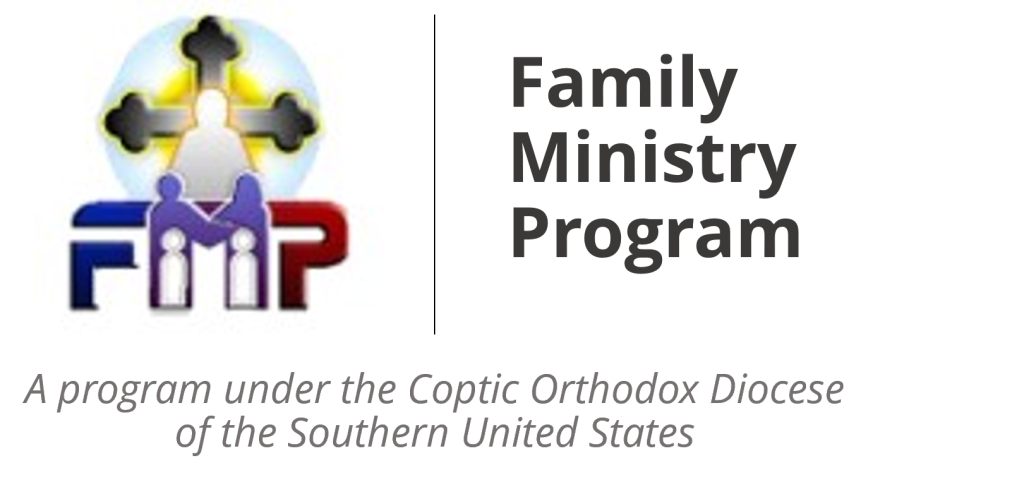Instructor: Mary Michail, MA, LPC, NCC
Required Text: Lauren Littauer Briggs The Art of Helping: What to say and do when someone is hurting. (ISBN-10: 061547568X, ISBN-13: 978-0615475684)
Course Prerequisites
Students who wish to join this course can only be qualified after successful completion of Introduction to Practicum class.
Course Description
This course focuses on three important areas: self-awareness, counseling skills and techniques, and motivational interviewing.
Practicum I is a journey through which the student is helped to better understand him-/herself and to deepen his/her self-awareness and self-knowledge, to be more empathetic and non-judgmental towards others, which are essential skills for an effective counseling relationship.
It provides actual counseling practice and supervision through introductory, on-site lectures. These lectures focus on basic counseling skills, providing hands-on knowledge and opportunities for each student to observe and actively practice these skills through role-playing and structured exercises. Through constructive feedback, students will attain an appropriate level of professionalism as a lay counselor.
Lectures are followed by weekly webinars, which provide online group and one-to-one interaction with the instructor, in which we discuss actual cases or vignettes, written verbatim, and reading assignments, to encourage, monitor, and teach clinical experiences.
Finally, students will be introduced to the basic principles of Motivational Interviewing as an essential tool in motivating people to improve.
Course Objectives
- Improve students’ self-awareness.
- Improve students’ clinical skills by applying their basic learned knowledge of different counseling techniques and skills.
- Help students integrate spirituality as an asset in the counseling process.
- Teach students how to spot (identify) and differentiate feelings in a clinical setting.
- Teach students how to detect manifestations of problems or erratic behaviors.
- Teach students how to use motivational skills from the first session with the client to promote change in people’s lives.
Course Requirements and Grading
- Student must attend six on-site interactive lectures with the instructor.
- Each student must complete eight weekly webinar meetings, which provide online interactions with other students and with the instructor. It is the student’s responsibility to attend the webinars on time according to the schedule, which will be given during the on-site meeting.
- The student must complete the assigned homework, which may include but is not limited to, writing verbatim for each counseling session or vignette and answering required questions, before each webinar, to be emailed to the instructor in a timely manner.
- Student must keep a copy of his/her work and send a copy to the instructor via email in a timely manner. It is the student’s responsibility to meet all legal and ethical requirements in regards to confidentiality, consent for release of information, and record keeping. Other forms of electronic supervision may also apply, based upon individual agreement with the Instructor. A written verbatim should be concluded by the student’s clinical perception of whatever the counseled individual might need to proceed with the case in terms of specific referrals, therapies, follow-ups or else. This requirement represents 60% of the final grade.
- Before the end of the course, each student must write and submit a 2 – 3-page self-reflection paper to outline the student’s counseling experience and what has been learned from those clinical interactions. Student must abide by the due date given by the instructor during the on-site lectures. This requirement represents 20% of the final grade.
- Before the end of the course, students must write and submit a 2-3-page critique paper about the assigned book. Student must abide to the due date. This requirement represents 20% of the final grade.
Case/Book Presentation Guidelines and Format
All recorded material must be safely and completely destroyed at the end of the course, even when a student may have to repeat the same course.
Students may have more than one session with the same individual. Nonetheless, it is better to practice counseling with individuals from different backgrounds and with different issues.
All written work must be typed to a near-thesis standard as defined below:
- One-inch margins on top, bottom and sides
- Double-spaced
- Indent first line of paragraphs by half an inch
- Underline section headings
- Include page numbers
- Written material must reflect at least a near-Master’s Level use of the English Language in terms of spelling, vocabulary, and grammar.
Any written verbatim should reflect the following:
- Student’s name
- Setting (Church, Home, etc.)
- Client’s Name (select an assumed name, not the real name)
- Session Number (out of a total of eight sessions)
- Presenting Concerns (concerns presented by client)
- Actual verbatim of all interactions with client during the session or vignettes
- Anticipated Outcomes of Counseling (how the student believes the client will or will not respond to interventions, treatments, or referrals)
- Recommendations for further steps
- Evaluation of whether the session has achieved any goals for the client or not
- Thoughts about specific areas in which the student needs improvement (e.g., counseling skills, techniques, etc.)
